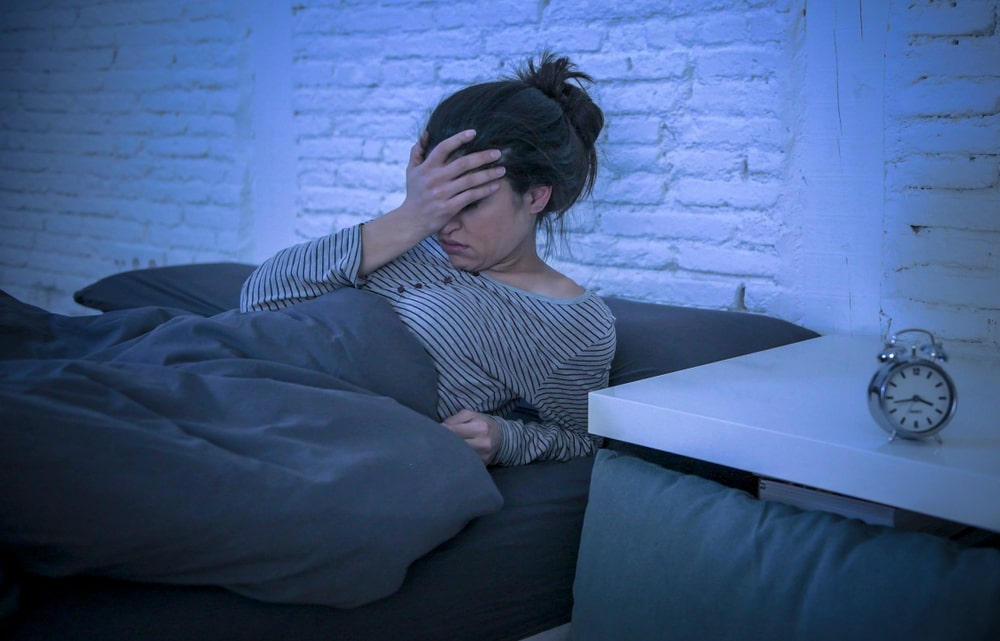Sleep plays a vital role in mental health, and its relationship with anxiety is profound yet often overlooked. Anxiety can disrupt sleep patterns, leading to insomnia or restless sleep, which in turn can worsen anxiety symptoms. Additionally, dreams during sleep can provide insights into underlying anxieties and fears. This article explores the intricate connection between sleep, anxiety, and dreams, shedding light on how understanding this relationship can lead to better mental health outcomes.
The Impact of Anxiety on Sleep
Anxiety can significantly impact sleep quality and quantity. Individuals with anxiety disorders often have trouble falling asleep, staying asleep, or waking up too early. This can lead to chronic sleep deprivation, which can exacerbate anxiety symptoms and create a vicious cycle. Anxiety can also manifest during sleep in the form of nightmares or night terrors. These intense, frightening dreams can disrupt sleep and contribute to feelings of fear and unease.
The Role of Dreams in Anxiety
Dreams can provide valuable insights into our subconscious mind and emotional state. For individuals with anxiety, dreams can often reflect underlying fears, worries, and unresolved issues. Analyzing these dreams with a therapist can help uncover unconscious anxieties and work through them in therapy.
Strategies for Improving Sleep and Managing Anxiety
- Establish a Consistent Sleep Schedule: Maintaining a regular sleep schedule can help regulate your body’s internal clock and improve sleep quality. Try to go to bed and wake up at the same time every day, even on weekends.
- Create a Relaxing Bedtime Routine: Develop a calming bedtime routine to signal to your body that it’s time to wind down. This could include activities such as reading, taking a warm bath, or practicing relaxation techniques like deep breathing or meditation.
- Limit Exposure to Screens Before Bed: The blue light emitted by screens can interfere with your body’s production of melatonin, a hormone that regulates sleep. Limit screen time at least an hour before bed to improve sleep quality.
- Practice Mindfulness and Relaxation Techniques: Mindfulness practices, such as meditation or progressive muscle relaxation, can help calm your mind and reduce anxiety. Incorporate these techniques into your daily routine, especially before bed, to promote better sleep.
- Seek Professional Help: If anxiety is significantly impacting your sleep and daily life, consider seeking help from a mental health professional. Therapy, such as Cognitive Behavioral Therapy for Insomnia (CBT-I), can be highly effective in treating sleep disturbances caused by anxiety.
- Consider Medication: In some cases, medication may be prescribed to help manage anxiety and improve sleep. Talk to your healthcare provider about your options and the potential benefits and risks of medication.
Sleep, anxiety, and dreams are intricately connected, with each influencing the others in complex ways. By understanding and addressing this connection, you can take steps to improve your sleep quality, manage anxiety more effectively, and gain insights into your emotional well-being. Incorporating healthy sleep habits, practicing relaxation techniques, seeking professional help when needed, and paying attention to your dreams can all contribute to better mental health and overall well-being.
Treatment In Calabasas
Calabasas is a city in California. It is a well-known suburb of Los Angeles, located west of the San Fernando Valley and north of the Santa Monica Mountains. Over the past decade, the city of Calabasas has grown in its reputation for luxury as well as for privacy which makes it a hidden gem for residential living for society’s elite, and one of the most desirable destinations in Los Angeles County. It is also home to a plethora of highly qualified mental health clinicians providing an array of therapeutic services and treatment options.
The information above is provided for the use of informational purposes only. The above content is not to be substituted for professional advice, diagnosis, or treatment, as in no way is it intended as an attempt to practice medicine, give specific medical advice, including, without limitation, advice concerning the topic of mental health. As such, please do not use any material provided above to disregard professional advice or delay seeking treatment.


